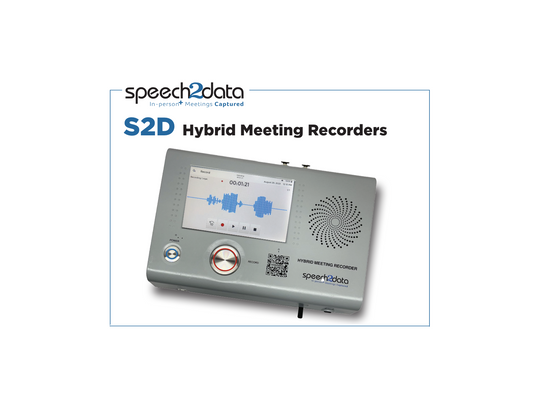Portablility in Tribal Courts
Share
Portability is an important consideration of tribal courts because contrary to most courts tribal ones are very small often consisting of one judge, one clerk, and the opposing parties with possible counsel. This creates issues with the amount of work that one official has to complete. The device itself can be carried to different courts in the area, to inter-office conference locations, outside, to the homes of the participants, and even to regulated technology kiosks/”zoom rooms” if needed.
Not only is it convenient and easy to use but it also can do the jobs of non-existent transcribers in tribal areas with voice to text features or record investigators’ inquiries or court clerks’ administrative interactions for records etc. So the same officials can perform their job and share their info and resources to gather, try, and complete the legal process of their tribe digitally or in person. No outsourcing just filling the needs of the overworked existing skeletal staff.
Also, portability is important when the local official has to work with state and federal courts for inter-jurisdiction issues. One such case in Washington involved a land dispute lawsuit that had to be tried twice, once in tribal court and once in state court. The use of a portable recorder would allow for the same testimonies and hearing information to be used to cut down on costs and improve accuracy initially or comparatively when and if the same case was retried.




